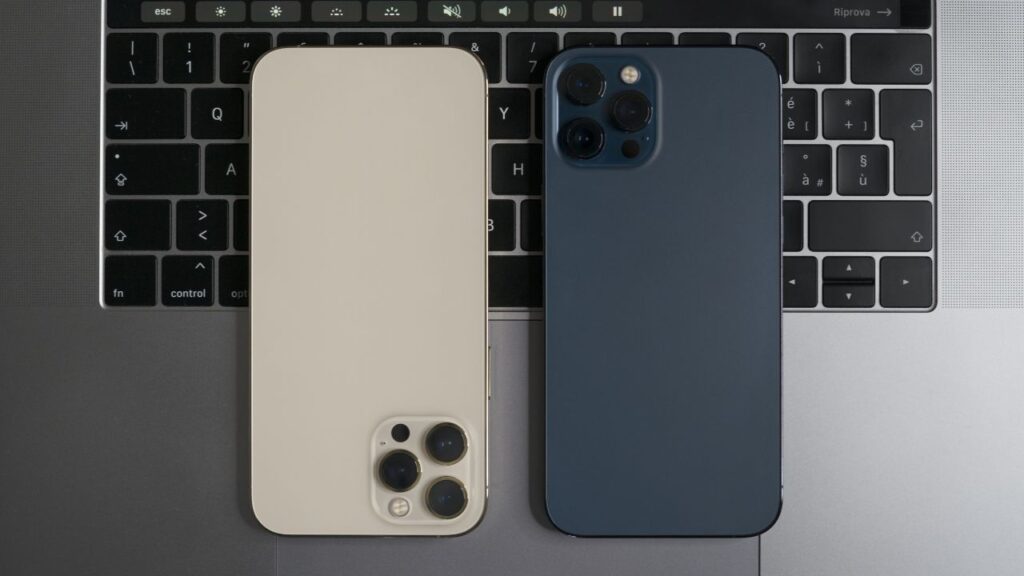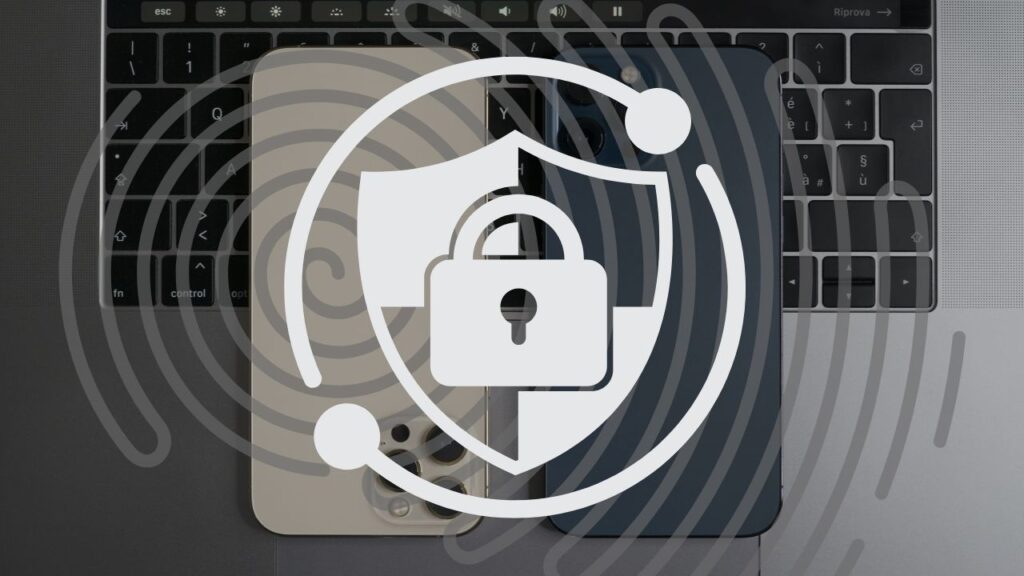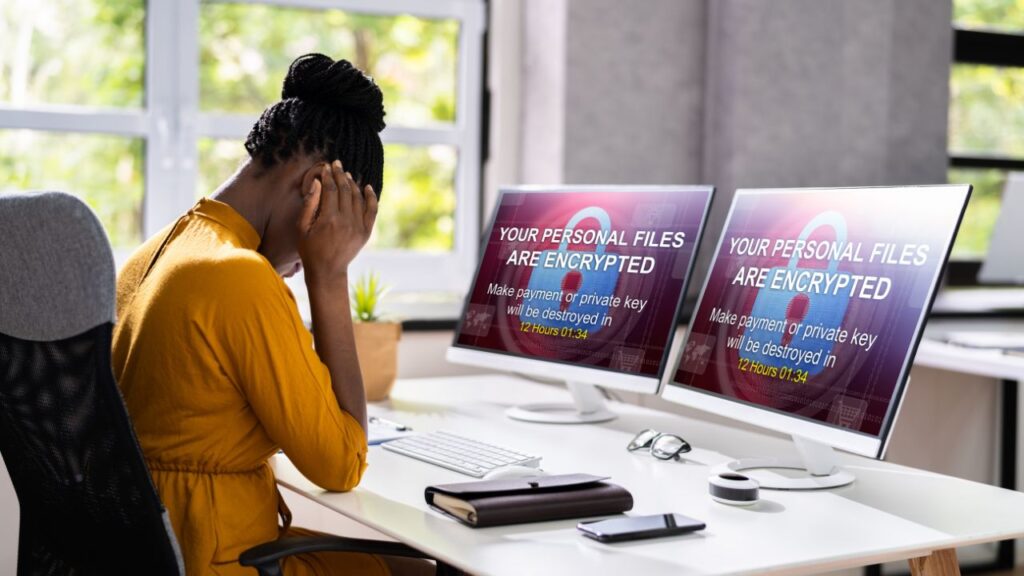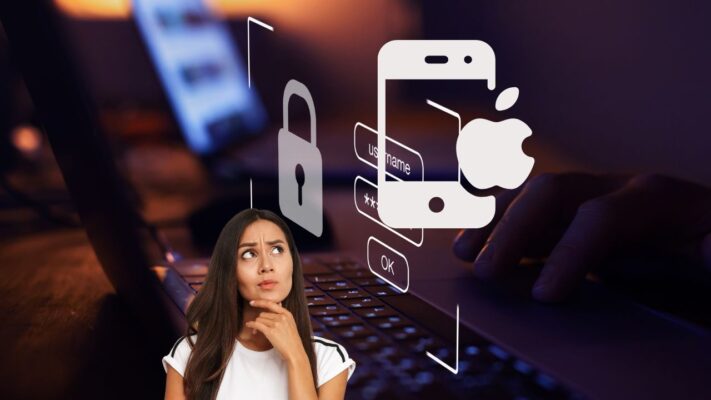Whenever we look at IOS devices, we always complement its sleek design and great technology, but one aspect that is mostly overlooked is its complex and robust security framework that ensures our security in modern age. Have you ever asked that; what is ios in cyber security. Normal people dont take interest in it as long as there data is safe, but it is aa important aspect to IT workers, app devs, business owners and anyone concerned with cyber security.
About iOS Mobile Security

IOS mobile security are the parameters and measures applied across the whole apple eco system and iOS-powered devices, such as iPhones and iPads to safeguard the data.
iOS security is more than just keeping hackers away, it also ensures privacy, maintains data integrity, and prevents any unauthorized access. At its core, iOS security provides a better user experience by safeguarding sensitive information.
The foundation of iOS security begins with its secure boot feature. The iOS devices go through a series of verifications after it powers on to insure the operating system stays intact and isn’t tampered with. Known as the secure boot chain it ensures that only Apple software runs on the device for protection against malware from third party softwares and application.
Encryption is another crucial part of iOS security. All the data in the apple devices is encrypted using a unique key made from the user’s passcode and device’s hardware. This makes it difficult for any unauthorized access, even with the physical possession of the device. Encryption also extends to communication, with imessage and facetime offering end-to-end encryption in there services for the messages and calls to remain private.
How Does iOS Mobile Security Work?

iOS mobile security has multiple layers, each made for protection against various threats. The first layer is the hardware itself. Apple makes its processors with security as priority, embedding unique ids and encryption keys within the hardware. This provides a trusted foundation for other security measures to be built on.
Second layer is the operating system. Apple regularly updates its iOS and patches vulnerabilities enhancing its security. This is crucial for protecting devices against threats and ensuring the device stays resilient to cyber attacks. Apple’s App Store review process further solidifies security by scrutinizing apps for suspiciouse code or behaviour before they reach users.
User authentication is another important aspect of iOS security. Features like Face ID and Touch ID allow users to unlock their devices securely and conveniently. These authentication methods are not only more secure than traditional passcodes but also provide greater protection to sensitive apps and data.
Why is iOS Mobile Security Important?
With the world getting more and more interconnected, mobiles have become the prime targets for cyberattacks. As they store great amounts of personal and professional data, using them without robust security measures is not an option, as the risk of data breaches, identity theft, and financial losses has increased exponentially.
If we talk about IT professionals and businesses, iOS security is crucial for protecting sensitive information. Mobiles are gateways to company networks, and a compromised mobile can lead to greater breaches. So Implementing strong security is essential for businesses to maintain trust with clients and partners, and also complying with data protection regulations. As for individual users, iOS security is crucial for safeguarding personal information. As our devices are filled with personal photos, messages, passcodes and other sensitive and personal information, an effective security system provides peace of mind.
What Are the Risks of Not Protecting My iOS Device?

A vulnerable iOS device will have dire consequences. The most obvious is unauthorized access to your personal data. Without proper security, cybercriminals can gain access to sensitive data, causing identity theft, financial fraud, and other issues. Another prominent risk is the potential of malware infections. While iOS has strong resistance to malware, no system is entirely immune. A security lapse could easily allow harmful software to infiltrate your device, damaging its performance and data. For businesses these can be even more severe. A single compromised device will serve as a launchpad for attacks on the entire corporate network. This results in data breaches, loss of intellectual property, and substantial financial frauds.
Conclusion
iOS is the beacon of reliability and innovation. Its layered approach to security, encompassing hardware, software, and user authentication, offers comprehensive protection for users and businesses both. The risks of neglecting iOS security are significant. By staying updated on latest security updates and practices, you can ensure your device remains safe against cyber threats. Whether you’re an individual or managing a business, prioritising iOS security is a proactive step towards a safer digital future.
